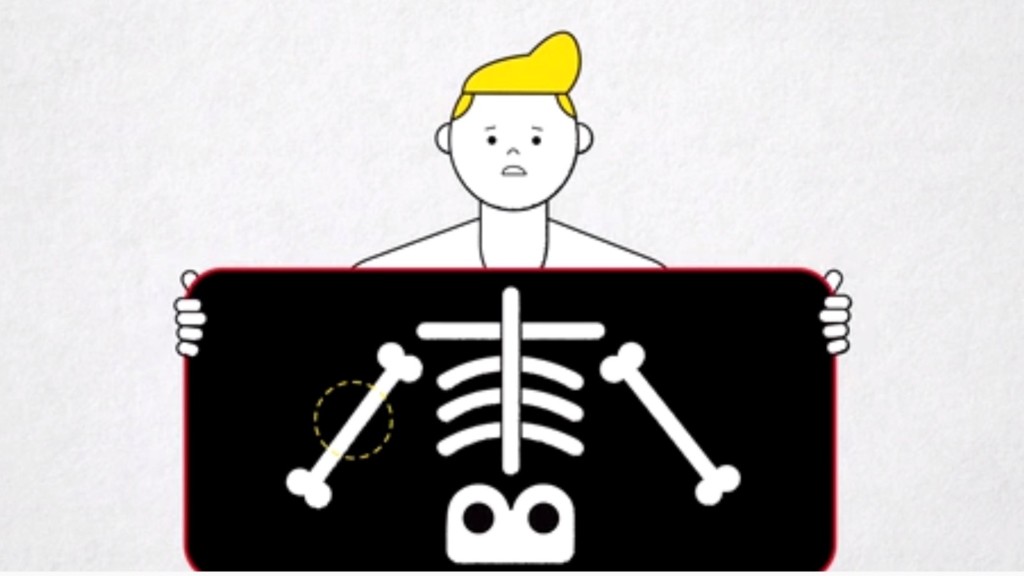
Obamacare lives on ... for now.
Now that Congressional Republicans have shelved their plans to repeal the health reform law, the future of Obamacare is in the White House's hands. And it's pretty clear that the Trump administration has little desire to fix it.
At the moment, Obamacare will be available everywhere in 2018. At times this year, it looked like tens of thousands of Americans might not have any options on their Obamacare exchanges as insurers fled the market amid the uncertainty emanating from Washington D.C. But other carriers eventually stepped in to fill the gaps.
That could still change, however. Insurers have until Wednesday to sign the contracts that lock them into participating next year.
Related: Senate won't vote on GOP health care bill
Meanwhile, the Department of Health & Human Services is making major changes for the upcoming open enrollment season, which begins in just five weeks. Critics say the moves will stifle sign-ups and further weaken the law.
HHS officials pointed out that Obamacare has long had problems, and many of prior outreach methods didn't work.
"Americans are once again facing skyrocketing costs and plummeting choices because of Obamacare's fundamental failures," said Caitlin Oakley, HHS press secretary.
Here's what the Trump administration has done so far:
Shortening open enrollment: The sign-up period will run from November 1 to December 15. That's half the length of this year's enrollment season, which ran through January 31.
The administration says the shortened period brings it more in line with the enrollment season for Medicare and employer-sponsored plans. Also, it means policyholders will have coverage for the full year.
But opponents argue that it gives consumers less time to enroll and could dampen sign-ups among the young and healthy, who usually wait until the last minute to complete their applications.
Several states that run their own exchanges said they will extend the enrollment period. New Yorkers, for instance, will be able to sign up through Jan. 31 -- same as this year.
Slashing advertising: HHS will spend $10 million on promotions for open enrollment this fall, compared to $100 million a year ago.
The administration justifies the budget cuts by saying it is basing advertising on effectiveness and performance. Officials say the agency spent about $100 million last year and 9.2 million people signed up for coverage through the federal exchange, healthcare.gov. A year earlier, the agency spent $51.2 million and 9.6 million Americans bought policies.
Obamacare supporters decry the move as sabotage, saying advertising and outreach are critical to maintaining and boosting enrollment. In particular, promotions help attract young and healthy consumers who may not feel they need coverage. A bipartisan coalition of governors urged the administration in August to continue to promote enrollment.
Related: Trump slashing Obamacare advertising by 90%
Reducing funding for enrollment assistance: The administration is cutting the budget for so-called navigators -- who help people sign up for coverage -- by 41%. The 98 navigator groups will receive a total of $37 million for the coming enrollment season.
More than three-quarters of the grantees failed to achieve their enrollment goals, officials said. This fall, navigators will receive funding based on meeting their targets. For instance, a grantee that enrolls only 30% of its goal will receive no more than 30% of its funding from the previous year.
Navigators signed up roughly 81,500 people in 2016.
Taking the federal exchange offline: The federal exchange will be shut down from midnight until noon all but one Sunday during open enrollment. It will also be offline overnight on November 1.
The administration said maintenance outages always occur during the sign-up period. But former Obama officials say they happened less frequently in prior years.
Related: Plan to shut Obamacare site during open enrollment draws critics
Leaving the cost-sharing subsidies in limbo: One big thing the Trump administration hasn't announced yet is whether it will continue funding the cost-sharing subsidies, which reduce deductibles and premiums for lower-income enrollees. Many insurers said they had to raise premiums -- and some downsized or withdrew from Obamacare for 2018 -- because of the uncertainty.
The administration made the September payment last week, but said it is still reviewing the issue.
Kaiser Health News contributed to this report.


